by Richard van Pelt, WWI Correspondent
The day’s headlines from the Oregon Statesman:
GERMANS LESS THAN 70 MILES FROM ENGLAND
Prussians Now on Channel Ready to March on Port of Calais
ALLIES RETAKE LILLE
Armies Fighting Desperately Near Arras
ALLIES BLOCK ENEMY’S MOVES
German Plan to Seize French Channel Ports Is Defeated
BRITISH SINK 4 DESTROYERS IN NORTH SEA
Destruction of Cruiser Hawke Amply Avenged by English Navy
ONLY FIVE WOUNDED
German Loss Will Approximate Four Hundred
In what can only be described as an attempt to make a silk purse out of a sow’s ear, the Statesman editorial seeks to find something beneficial in the war:
Let us now, in our horror of war, imagine that the present conflict is wholly evil. Arthur Pinero, the English dramatist, is quoted as saying:
“I think this great war will do vast good to the arts of all the countries affected. We shall have less cynicism, larger admiration and appreciation of what is sound and good in life, a clearer ad more direct vision of what life really is.”
It is easy enough to understand that, even while we shudder at the hideous cost of it. The most un-Christian war seems, somehow, to rouse men’s religion. Has not the whole nation prayed for peace? And when did we ever join in prayer before so earnestly and unanimously? The very hugeness of the calamity drives men and women to faith in a power above these earthly tragedies.
Never, perhaps, has the whole world had its sympathies so stirred. Never have the realities of life – love, honor, truth, beauty, immortality and the rest – shone so clear and strong as in the baleful light from the battlefield. The suffering of the nations at war makes us all kin, in spite of whetted enmities. The race experiences a sort of spiritual renaissance, even while private pity and public virtue seem to be throttled in the death-grapple.
Doubtless Pinero is right. We shall be less cynical hereafter. We shall appreciate life, now that we have seen it squandered so wickedly. We shall love all fine things with more fervor We shall be more tolerant and charitable. The most inhuman of wars will make us more human.
Post war literature and poetry hardly fulfilled the editor’s hopes as this, from T. S. Eliot’s “The Hollow Men” illustrates:
Here we go round the prickly pear
Prickly pear prickly pear
Here we go round the prickly pear
At five o’clock in the morning.
Between the idea
And the reality
Between the motion
And the act
Falls the Shadow
For Thine is the Kingdom
Between the conception
And the creation
Between the emotion
And the response
Falls the ShadowLife is very long
Between the desire
And the spasm
Between the potency
And the existence
Between the essence
And the descent
Falls the ShadowFor Thine is the Kingdom
For Thine is
Life is
For Thine is theThis is the way the world ends
This is the way the world ends
This is the way the world ends
Not with a bang but a whimper.



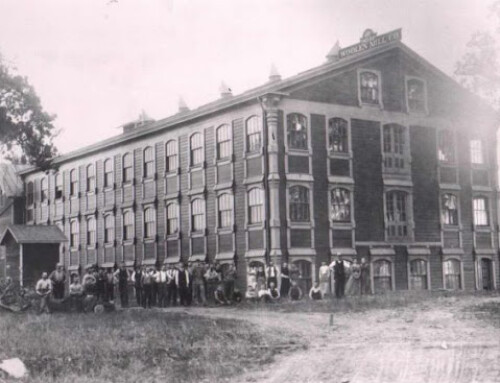
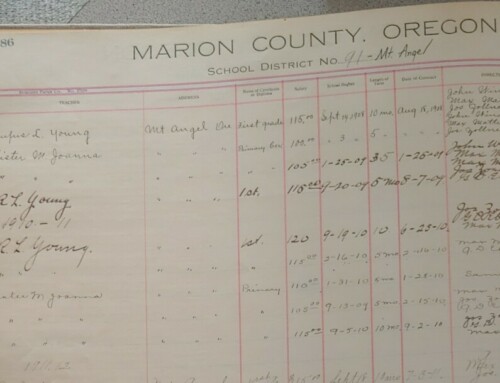
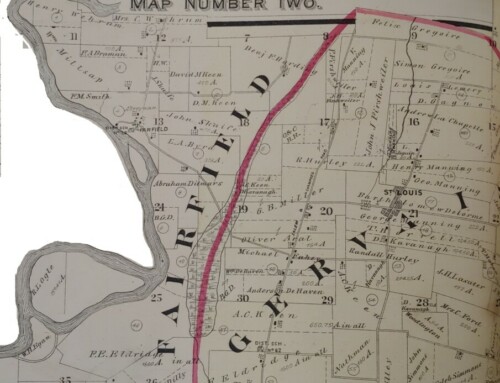
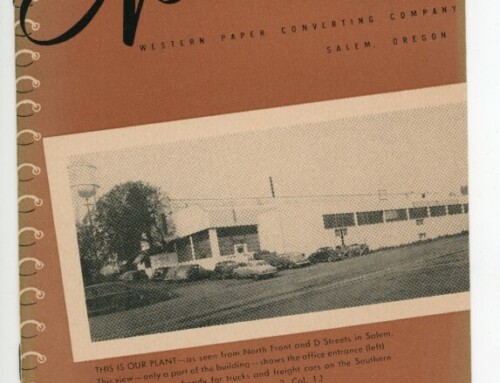
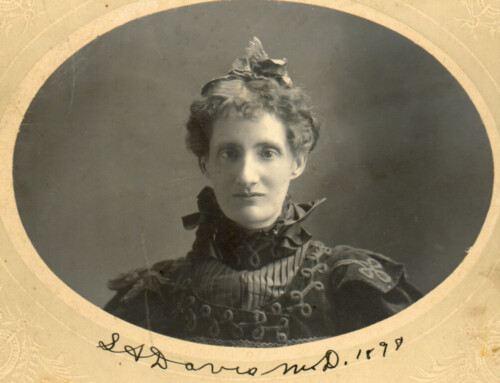
Leave A Comment